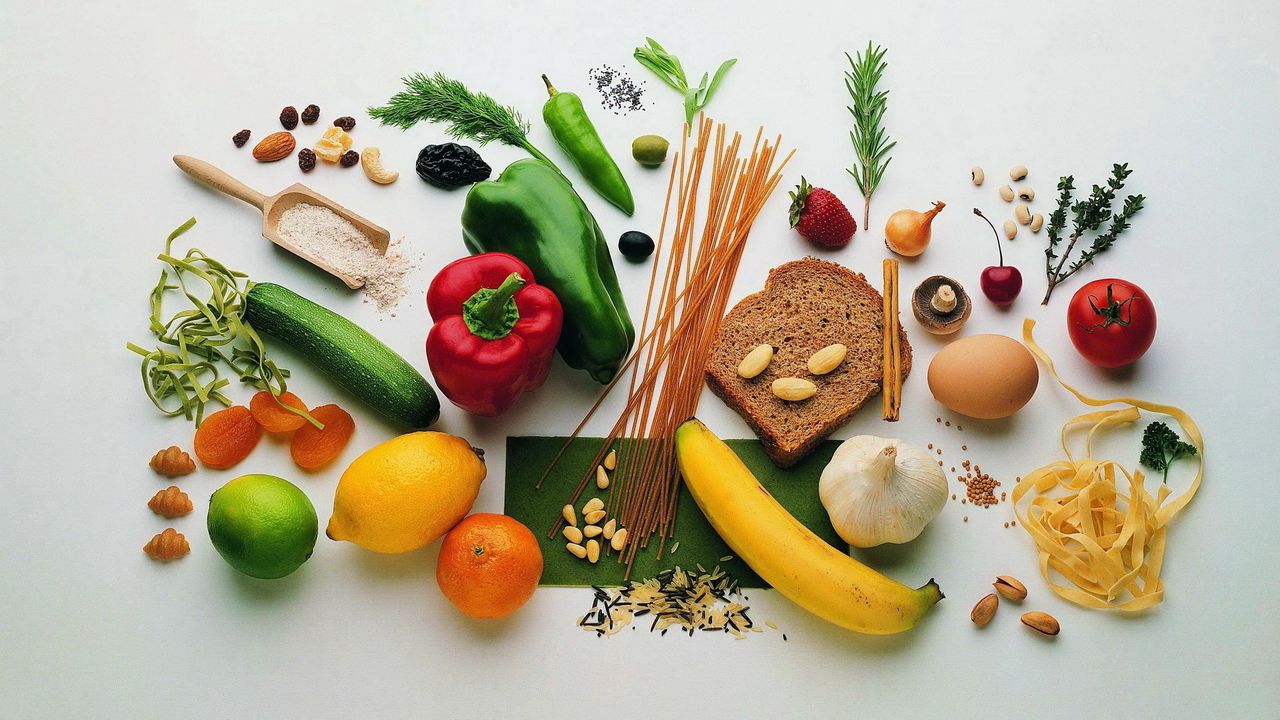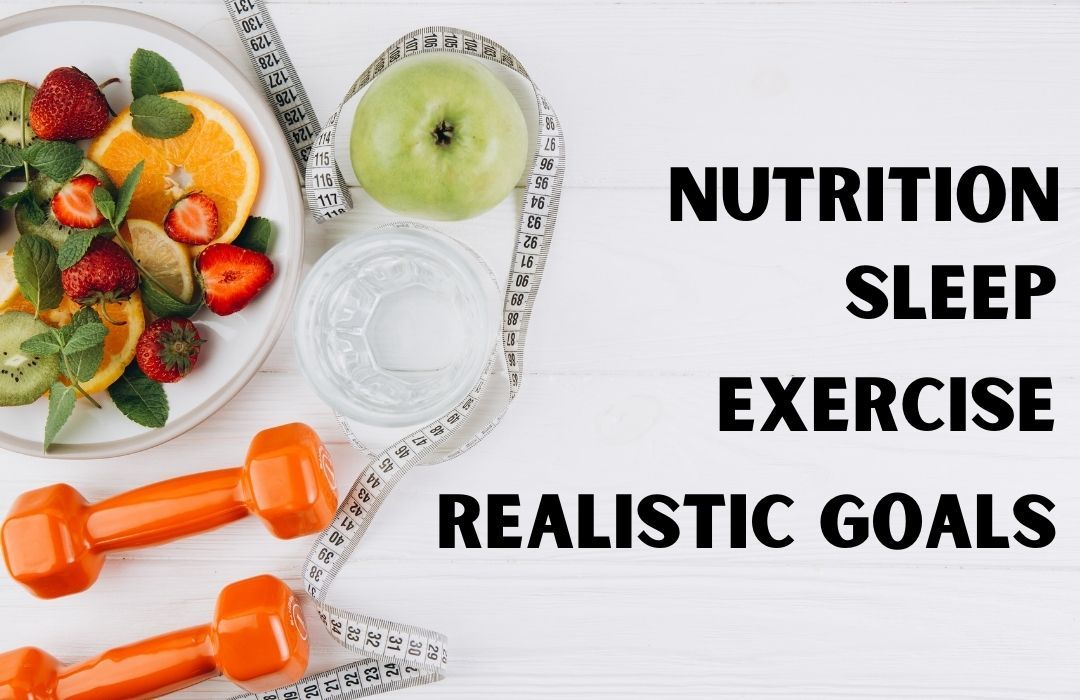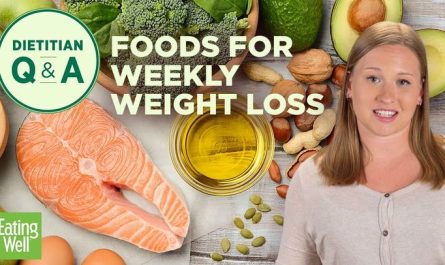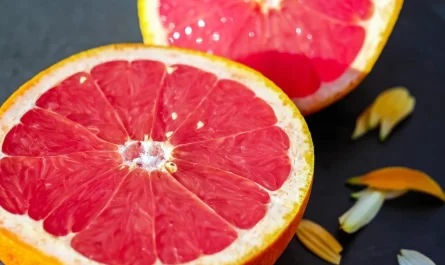When it comes to weight loss, the importance of nutrition cannot be overstated. While exercise is certainly important for overall health and fitness, it is often said that weight loss is 20% exercise and 80% diet. In other words, what you eat plays a crucial role in your weight loss journey.
Understanding Calories
At its core, weight loss ultimately comes down to one simple principle: calories in versus calories out. In order to lose weight, you need to consume fewer calories than your body burns in a day. This is known as a calorie deficit.
While this may sound simple in theory, it can be more difficult in practice. It’s important to remember that not all calories are created equal. For example, 100 calories of vegetables will have a very different impact on your body than 100 calories of candy. The key is to focus on nutrient-dense, whole foods that will nourish your body and provide you with the energy you need.
Macronutrients Matter
When it comes to nutrition, macronutrients are the building blocks of a healthy diet. The three main macronutrients are carbohydrates, protein, and fat. Each of these macronutrients plays a different role in the body and is important for overall health and weight loss.
Carbohydrates: Carbs are the body’s main source of energy. While they often get a bad rap, not all carbohydrates are created equal. Focus on complex carbohydrates like whole grains, fruits, and vegetables, rather than simple sugars.
Protein: Protein is essential for muscle repair and growth, as well as maintaining a healthy immune system. Include lean sources of protein like chicken, fish, tofu, and legumes in your diet.
Fat: While fat often gets a bad reputation, it is essential for overall health. Focus on healthy fats like avocado, nuts, seeds, and olive oil.
The Importance of Portion Control
In addition to focusing on nutrient-dense foods, portion control is key when it comes to weight loss. Even healthy foods can contribute to weight gain if consumed in excess. Pay attention to portion sizes and try to practice mindful eating. Avoid distractions while eating, chew your food slowly, and listen to your body’s hunger cues.
Hydration and Fiber
Hydration and fiber are two often overlooked components of a healthy diet. Drinking plenty of water is essential for overall health and can help with weight loss by keeping you feeling full and preventing overeating. Fiber is another key nutrient that can aid in weight loss by promoting feelings of fullness and aiding in digestion. Focus on fiber-rich foods like fruits, vegetables, whole grains, and legumes.
Putting it All Together
When it comes to weight loss, nutrition is key. By focusing on nutrient-dense foods, portion control, hydration, and fiber, you can set yourself up for success on your weight loss journey. Remember that everyone is different, and what works for one person may not work for another. It’s important to listen to your body, make sustainable changes, and seek guidance from a healthcare professional if needed.
By prioritizing nutrition and making healthy choices, you can achieve your weight loss goals and improve your overall health and well-being in the process.




